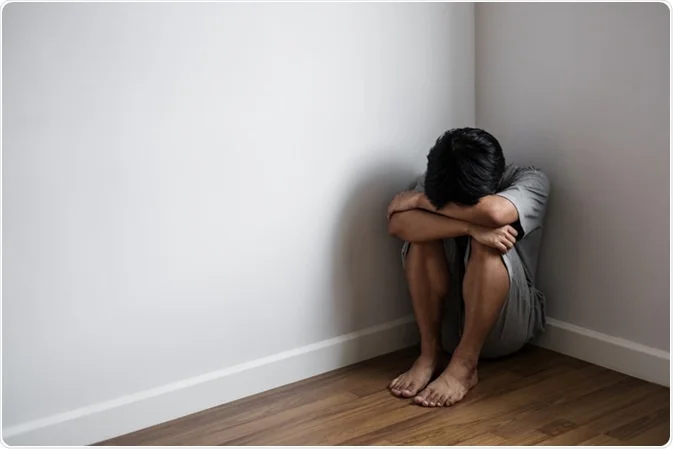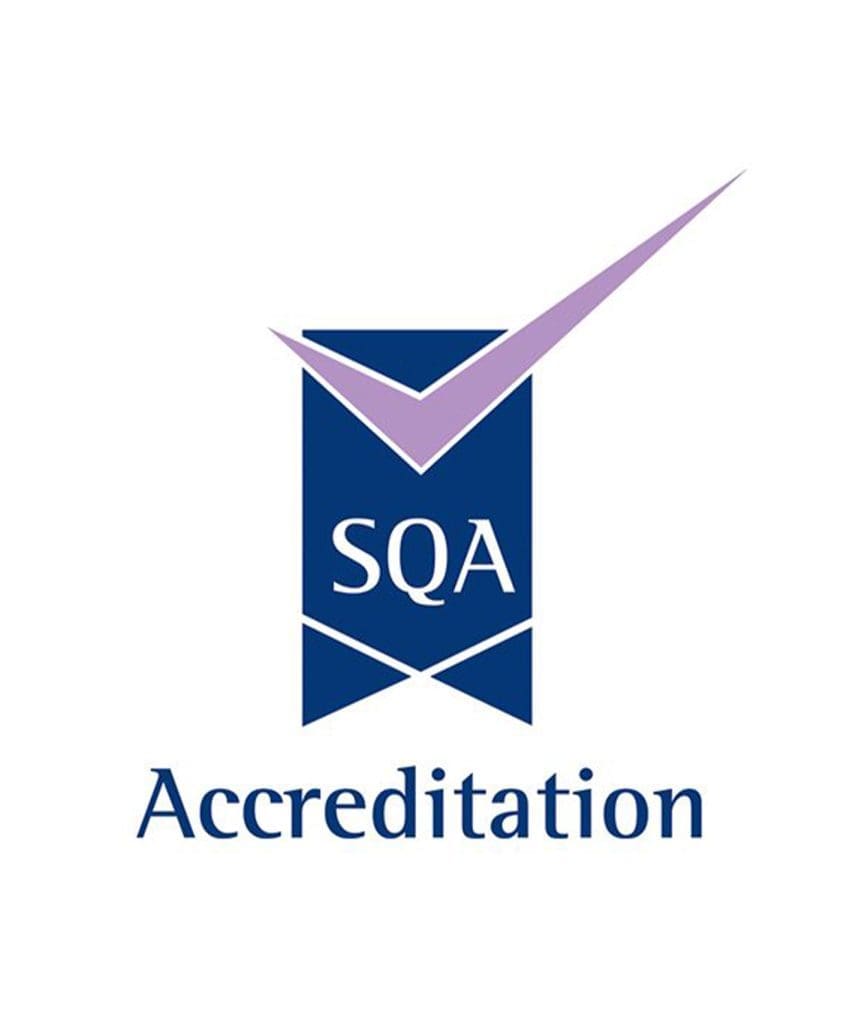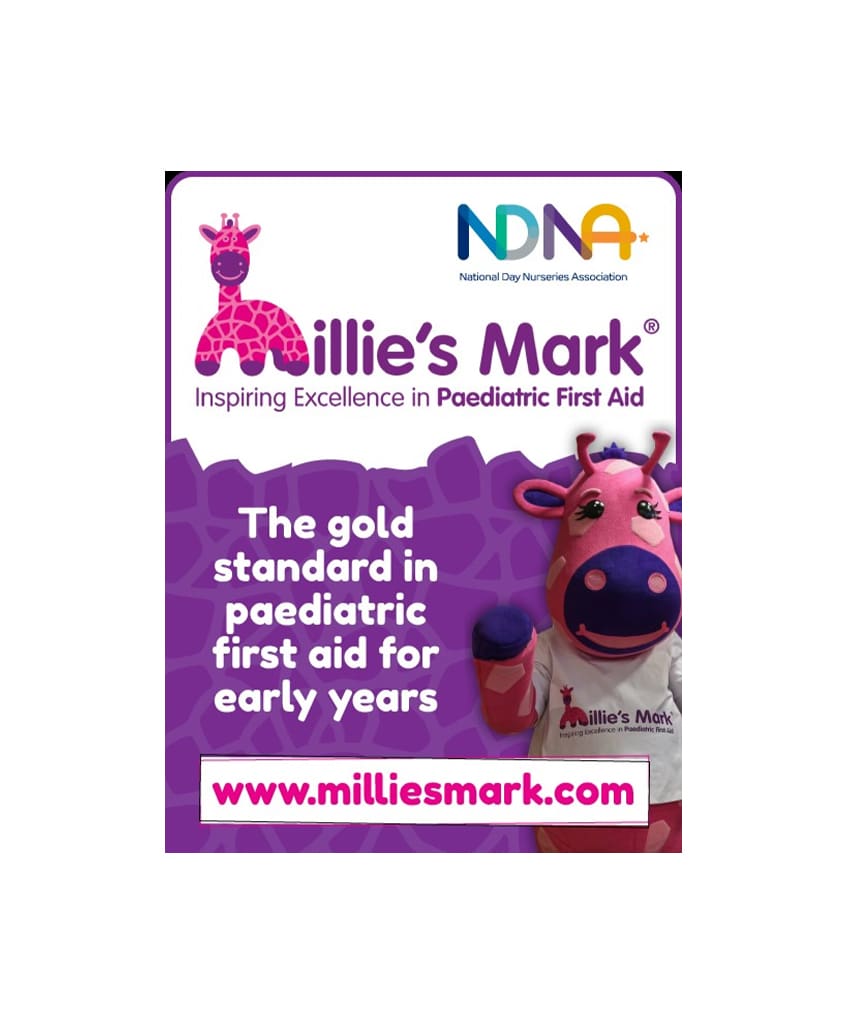75% of kids and teenagers with mental health issues don’t receive the support they require.
Children’s emotional well-being is just as important as their physical health. Good mental health helps them develop the resilience to cope with whatever life throws at them and grow into well-rounded, healthy adults.
There are things we can do as parents and carers to help our children have the best chance to protect their mental health. Encouraging and guiding a child to think about their own mental health and wellbeing are vital skills you can teach them from a young age.
Learn how you can support a child’s mental health, including how to communicate to them about it and recognise the warning signs that they may be experiencing difficulties.
Things that can help keep children and young people mentally well include:
- being in good physical health, eating a balanced diet and getting regular exercise
- having time and freedom to play, indoors and outdoors
- being part of a family that gets along well most of the time
- going to a school that looks after the wellbeing of all its pupils
- taking part in local activities
Other factors, such as feeling safe, understood, loved, and trusted, are also crucial. Children with good mental health are more likely to be resilient, optimistic, feel like they belong, and have some control over their lives.
Most children grow up mentally healthy, but surveys indicate that compared to thirty years ago, more young people today appear to be struggling with mental health issues.
What can affect children and young people’s mental health?
For children and young people who are already vulnerable, traumatic experiences can set off mental health issues.
Changes like moving to a new home, changing schools, the birth of a new sibling etc., may act as triggers. When they first start school, certain children are eager to meet new people and participate in new activities, but others might experience anxiety.
Teenagers often go through emotional turmoil as their bodies and minds mature. Working out and accepting who you are is important to growing up. Some young people struggle with the transition to adulthood and resort to drugs, alcohol, or other substances that can have negative effects on their mental health as a way to cope.
Are some children and young people more likely to experience mental health problems?
Some children and young people may be more susceptible than others to mental health issues due to specific risk factors. However, experiencing them doesn’t mean a child will definitely – or even probably – go on to have mental health problems.
These factors include:
- having a long term physical illness
- a parent who has had mental health problems, problems with alcohol or has been in trouble with the law
- experiencing the death of someone close to them
- parents who separate or divorce
- experiencing severe bullying or physical or sexual abuse
- being homeless or experiencing poverty
- experiencing discrimination
- caring for a relative, taking on adult responsibilities
- having long-lasting difficulties at school
What are some of the mental health conditions that occur in children?
- Depression – affects a greater number of children and adolescents now than it did a few decades ago. Depression is more common in teenagers than in young children.
- Self-harm – is a problem that a lot of young people experience. When faced with severe emotional distress, some people may attempt to self-harm as a coping mechanism.
- Generalised anxiety disorder (GAD) – can make children feel an enormous amount of anxiety. Young children or those starting or changing schools may experience separation anxiety.
- Post-traumatic stress disorder (PTSD) – can come after experiencing severe bullying or violence, being the victim of physical or sexual abuse, witnessing something incredibly frightening or traumatising, or enduring a tragedy.
- Children with attention deficit hyperactivity disorder (ADHD) may be energetic, impulsive, and have trouble focusing on things.
- Eating disorders – typically begin in teenagers and affect girls more often than boys. There are very few young people who experience eating disorders. However, eating disorders like bulimia nervosa and anorexia nervosa can seriously harm a person’s physical development and health.
Ways to support a child or young person?
- Be there to listen – Encourage your child to talk about their feelings by asking them on a regular basis and letting them know that you are always there to listen. You can get tips on Young Minds: How to talk to your child about mental health.
- Stay involved in their life – Show interest in their life and what’s important to them. It not only helps them value who they are but also makes it easier for you to spot problems and support them.
- Take what they say seriously – Listening to and valuing what they say makes them feel valued. Consider how to help them work through their emotions in constructive ways. Anna Freud Centre’s guide on ways to support children and young people has more on this.
- Support them through difficulties – Keep an eye on your child’s emotions and behaviour and make an effort to support them in overcoming difficulties. Although dealing with difficult behaviour may not always be simple, try to understand their feelings and the reasons behind it.
- Encourage their interests – Encourage and assist your child in exploring their interests. Learning new things, being creative or energetic, and working in a team all develop relationships and improve mental health.
- Build positive routines – Try to have structure around regular routines, especially around healthy eating and exercise. A good night’s sleep is also important, so have a fixed time for going to bed and getting up. The Sleep Charity has relaxation sleep tips for children.
Signs a child may be struggling
At some stage, many children and teenagers will struggle with emotional or behavioural issues. Some will go away on their own with time, while others will require professional help.
Even though it could be challenging to determine whether your child is distressed, there are techniques to recognise the signs of trouble. Look out for;
- significant changes in behaviour
- ongoing difficulty sleeping
- withdrawing from social situations
- not wanting to do things they usually like
- self-harm or neglecting themselves
If your child is having problems at school, a teacher, school nurse, school counsellor or educational psychologist may be able to help. Otherwise, go to your GP or speak to a health visitor. They can refer a child for further help if necessary. Different professionals often work together in Child and Adolescent Mental Health Services (CAMHS).
What support is there?
- Barnardo’s protects and supports the UK’s most vulnerable children. They provide a range of services to help and support children, young people, parents and carers.
- CALM (Campaign Against Living Miserably) runs a free, confidential helpline and webchat service offering help and advice to anyone feeling down or in need of support.
- ChildLine is a free, confidential service where children can talk about any issue they’re going through. You can call their helpline or use their webchat to speak to a trained counsellor.
- The Children’s Society supports children going through serious life challenges. They run services and campaigns to make children’s lives better.
- Contact offers advice and support to families with disabled children. If you’re a parent caring for a disabled child, you can arrange to speak to an adviser for practical and emotional support.
- Family Lives offers information and support on all aspects of family life, including the stages of child development, issues with schools, parenting support, bullying and mental health concerns.
- Papyrus supports people under 35 who have thoughts of suicide and others who are concerned about them. You can contact them by phone, text or email.
- Penumbra support’s adults and young people in Scotland with mental health problems. They offer services that provide practical and emotional support.
- You can text Shout on 85258 for confidential support by text.
- The Mix offers free emotional support to people under 25 by phone, webchat or email. They also offer a short-term counselling service.
- YoungMinds offers information and support to young people about their mental health and helps adults to support young people in their lives. If you’re a parent worried about a child’s mental health, you can call their helpline.
Our Mental Health Training courses are designed to give you the knowledge to recognise a suspected Mental Health condition and the skills to start a conversation and be able to signpost a person towards professional help.
If you would like to talk to us about Mental Health training in the workplace across the UK, please call us on 01276 586943 or email us at admin@crosscountiestraining.co.uk.








